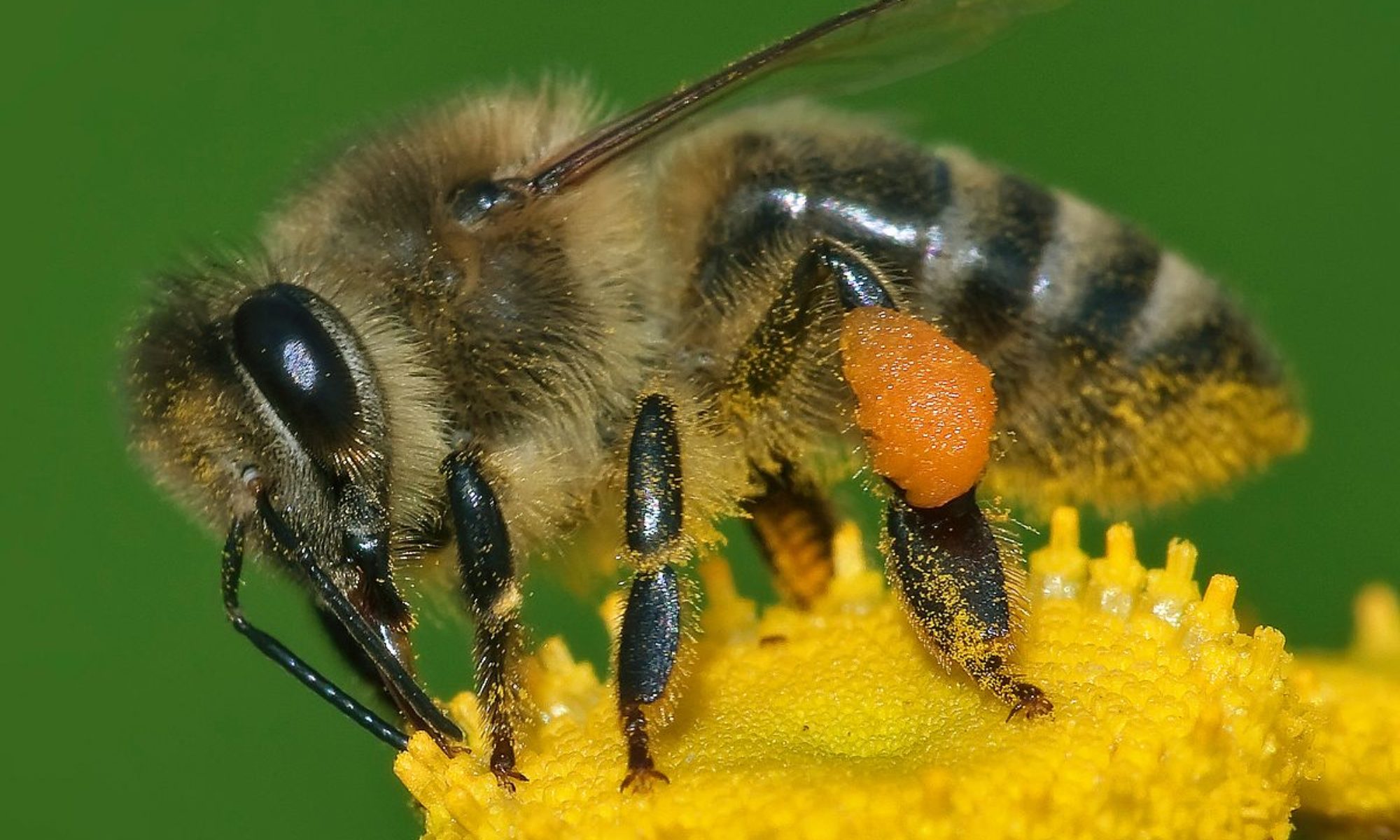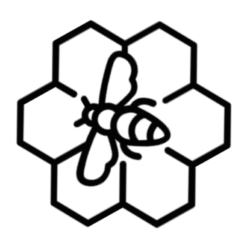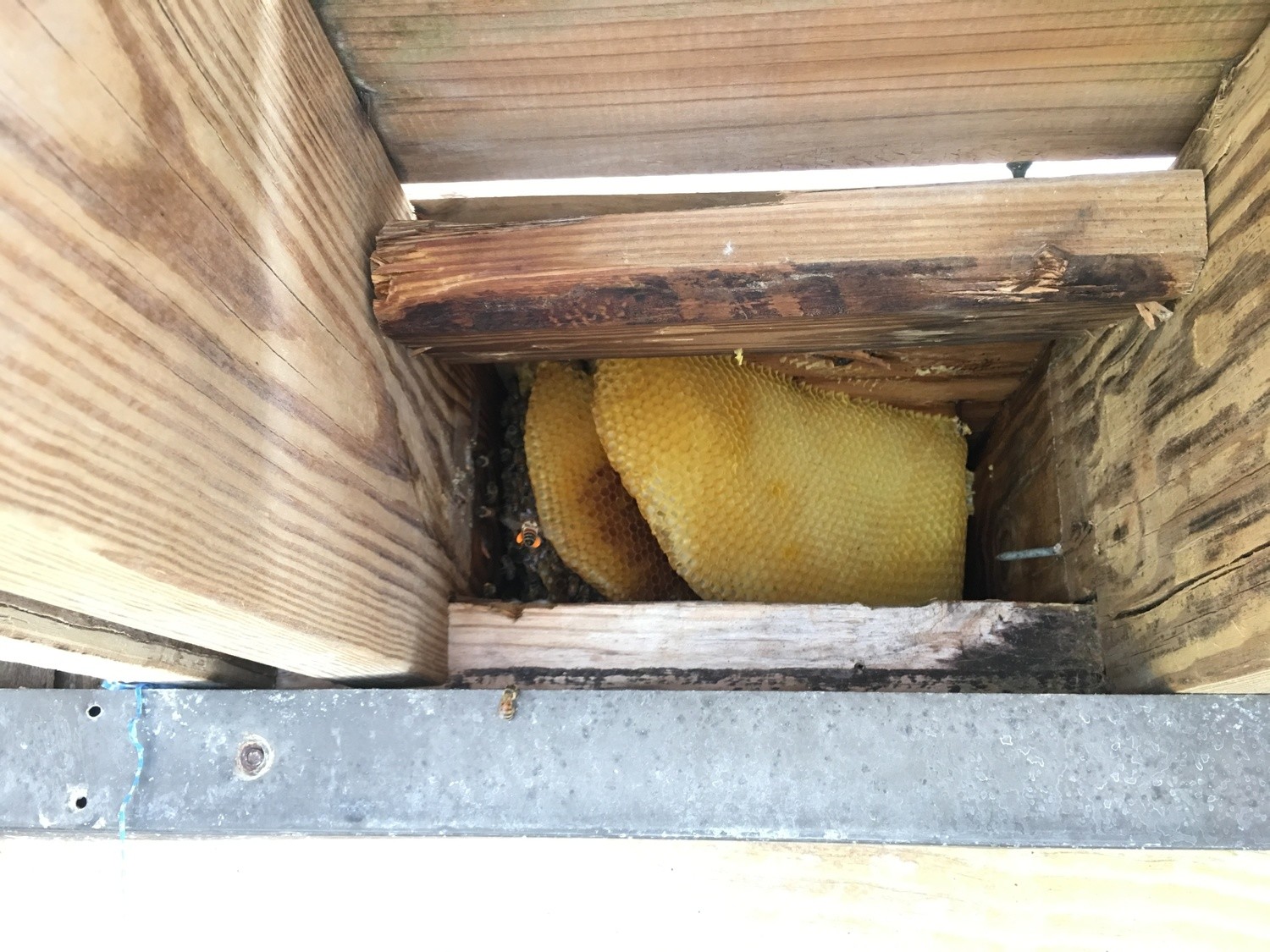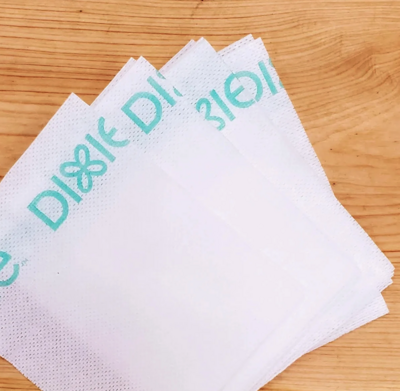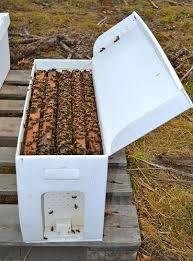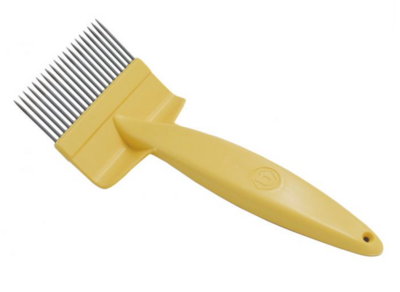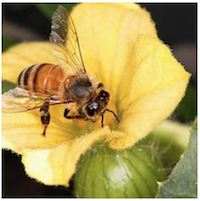Live Bee Removal & Relocations | Florida
Got Bees? We offer safe and humane Live Bee Removal & Relocation services to residents and businesses in Lee and Charlotte counties. We do NOT kill honey bees and do not have a pesticide license to spray, so please don’t ask us to 😉
Due to the nature of honey bees and the various places they tend to congregate, we need more information to accurately account for the time and effort that it will take to safely and humanely relocate the honey bees from your location to ours, which can really only be done with an onsite visit. When you pay here, this is for an onsite quote/deposit to discuss your options. The costs of a basic bee removal ranges from $250-400 depending on the complexity and does not include repairs (may be higher if there are lift charges and/or other complexities involved) Should you decide to go ahead with the removal & relocation while we are there, we will credit you the $75 toward your removal & relocation service as a deposit; otherwise services are considered rendered and paid in full.
If the bees leave before we arrive, please let us know as soon as you find out, so we can send a refund! Often when bees swarm, the colony will rest in a location and will send out scout bees to select their "perfect spot". The swarm may stay up to a day or two, but often leave within a couple hours.
Why do we charge to come look at where your bees are and remove them - aren't we benefiting from getting the bees?
We have to cover costs for:
- Fuel for multiple trips visits to your location,
- Quarantine equipment and space for the wild colony to allow us to watch for any africanization traits, viruses, pests or diseases before adding them to the apiary. We wouldn't want these wild bees to potentially infect our whole apiary should they have bacterial or viral disease. We also may have to treat these wild colonies for any pests, like varroa mites, for the same reason - to protect all of our bees.
- Re-queening the colony that we relocate after quarantine, due to the unknown genetics and diseases she may have and reproduces, in particular africanization traits. By re-queening, we help dilute the number of bees with the africanized traits as well as bee diseases locally, in particular by increasing managed colonies.
- Sugar water to feed the bees during times of low nectar flow or low pollen
- State apiary registration and inspections
- Liability and property insurances
- Did we mention bee stings? Yes, we too often get stung as well.
- We may not take your bees....unfortunately sometimes depending on your budget, you may decide to call in a pest control company, if the repairs to retrieve the bees exceeds your budget, in particular for colonies that are well established inside walls or areas that have to be physically cut open for removal or endanger public safety that would not safely allow a "trap out".
Some DON'Ts while you wait for someone to arrive:
- Don't poke at the bees or throw rocks to see if you can make them leave. It only makes them behave aggressively and you or someone nearby will get stung
- Don't spray them with anything nor your friend do it
- Don't plug up a hole that they are coming in/out of. They will chew another way out and it may be into your home instead of outside or other less desirable location.
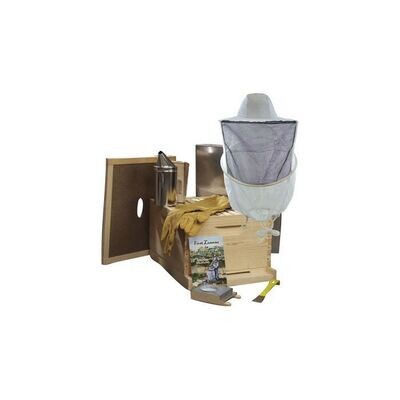
Components of the Honey Bee Hive
